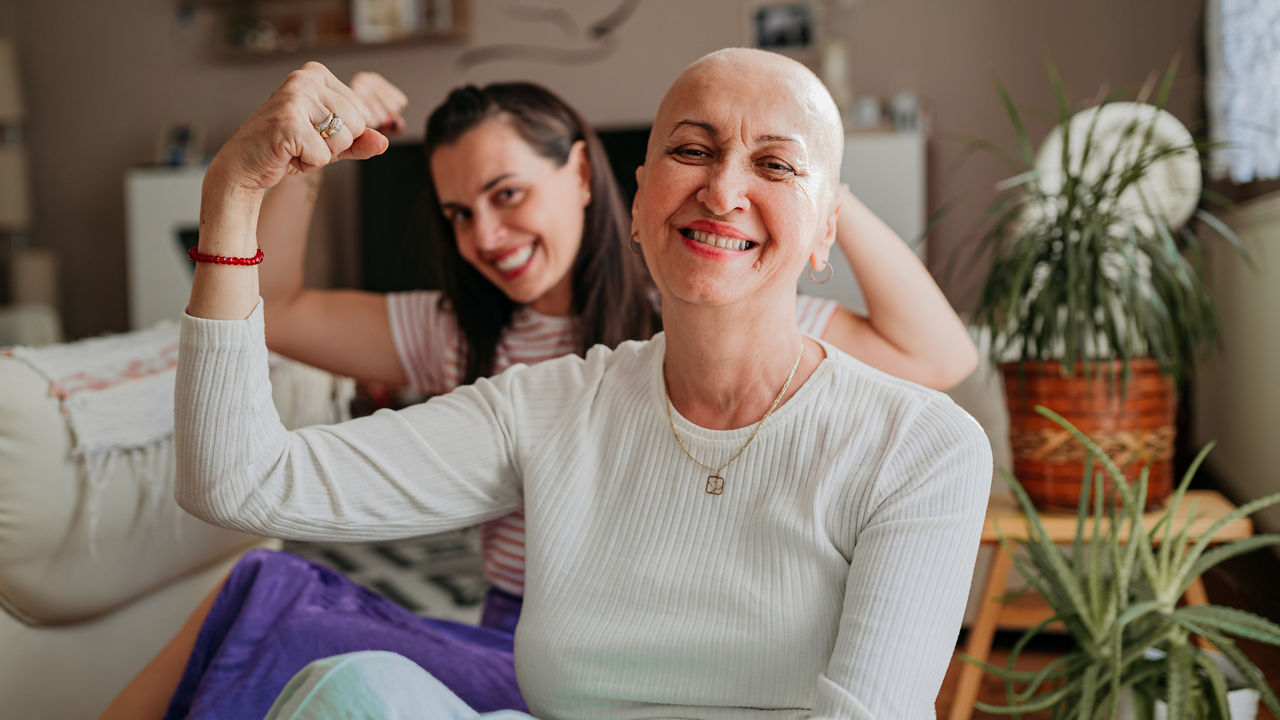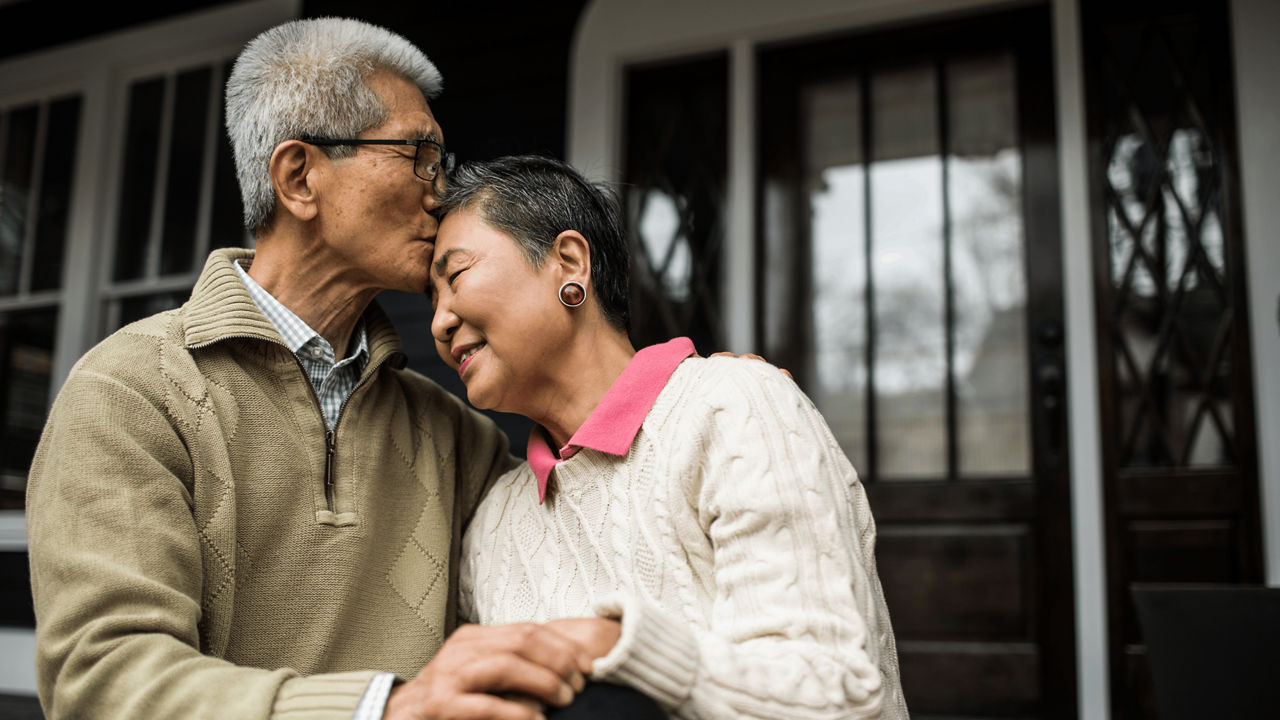The survey also highlighted the crucial role of the healthcare professional in reassuring and supporting patients in nutrition-related topics, as 62% of patients report having spoken to at least one healthcare professional over the course of their cancer journey. In reality, however, this support is spread out and irregular across specializations, with 38% having received advice from an oncologist, 25% from a general practitioner, and around 20% each from a nurse and dietitian.
World Cancer Day 2024: Closing the Nutritional Care Gap
During this year’s World Cancer Day, Nutricia aims to inspire patients and healthcare professionals to take action when it comes to nutrition matters during cancer – and help close the nutritional care gap in cancer.
A recent survey by Ipsos1 found that over 80% patients with cancer in Europe* consider nutrition to have an important role during cancer treatment, yet 1 out of 4 have no access to any nutritional advice or information. Among other sources of information including healthcare professional support, 34% of patients surveyed did their own research via the internet, books, or other resources, while similar numbers (27%) reported that they asked their family for nutrition help or advice.
These numbers reveal the significance of readily available and credible nutrition content for everyone affected by cancer, but also the pertinence of voicing any patient concerns and questions around eating well during cancer care.
On the other hand, this range reveals a crucial need to integrate nutrition in cancer care plans more systematically – not only in terms of who can support patients with nutrition advice, but also when and how.
At the moment, nutrition is an often overlooked matter in cancer care, leading to many patients becoming malnourished during the course of their cancer journey9. While both the disease and the treatment are at cause of this malnutrition, as they affect the patients’ ability to eat and drink, there are also other reasons why it often goes undetected. Malnutrition screening is not systematically conducted in clinical practice, while there may also be lack of time to address nutrition as part of the multiple cancer care-related topics.
Besides, clinical decision making often relies on patient-reported symptoms (e.g., loss of appetite) or observations (e.g., weight loss), reinforcing the need for patient voice inclusion in clinical settings.
As such, as a patient, or a carer, there are signs to look out for that can help detect and address malnutrition in time, supporting patient outcomes. These signs may include eating challenges like appetite loss and nausea, unexpected weight loss, and loss of strength.
For everyone involved in cancer care, patients, carers and healthcare professionals alike, it’s key to feel empowered in addressing nutrition maters and helping improve quality of life and treatment outcomes in the cancer journey. Let’s close the nutritional care gap by starting the conversation on eating and drinking during cancer.
Are you a healthcare professional or (carer of) a diagnosed patient?
The product information for this area of specialization is intended for healthcare professionals or (carers of) diagnosed patients only, as these products are for use under healthcare professional supervision.
Please click ‘Yes’ if you are a healthcare professional or (carer of) a diagnosed patient, or ‘No’ to be taken to a full list of our products.
The information on this page is intended for healthcare professionals only.
If you aren't a healthcare professional, you can visit the page with general information, by clicking 'I'm not a healthcare professional' below.



